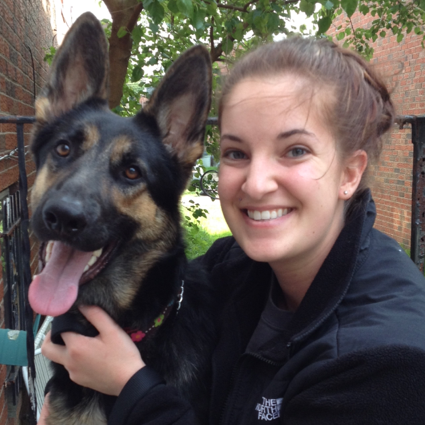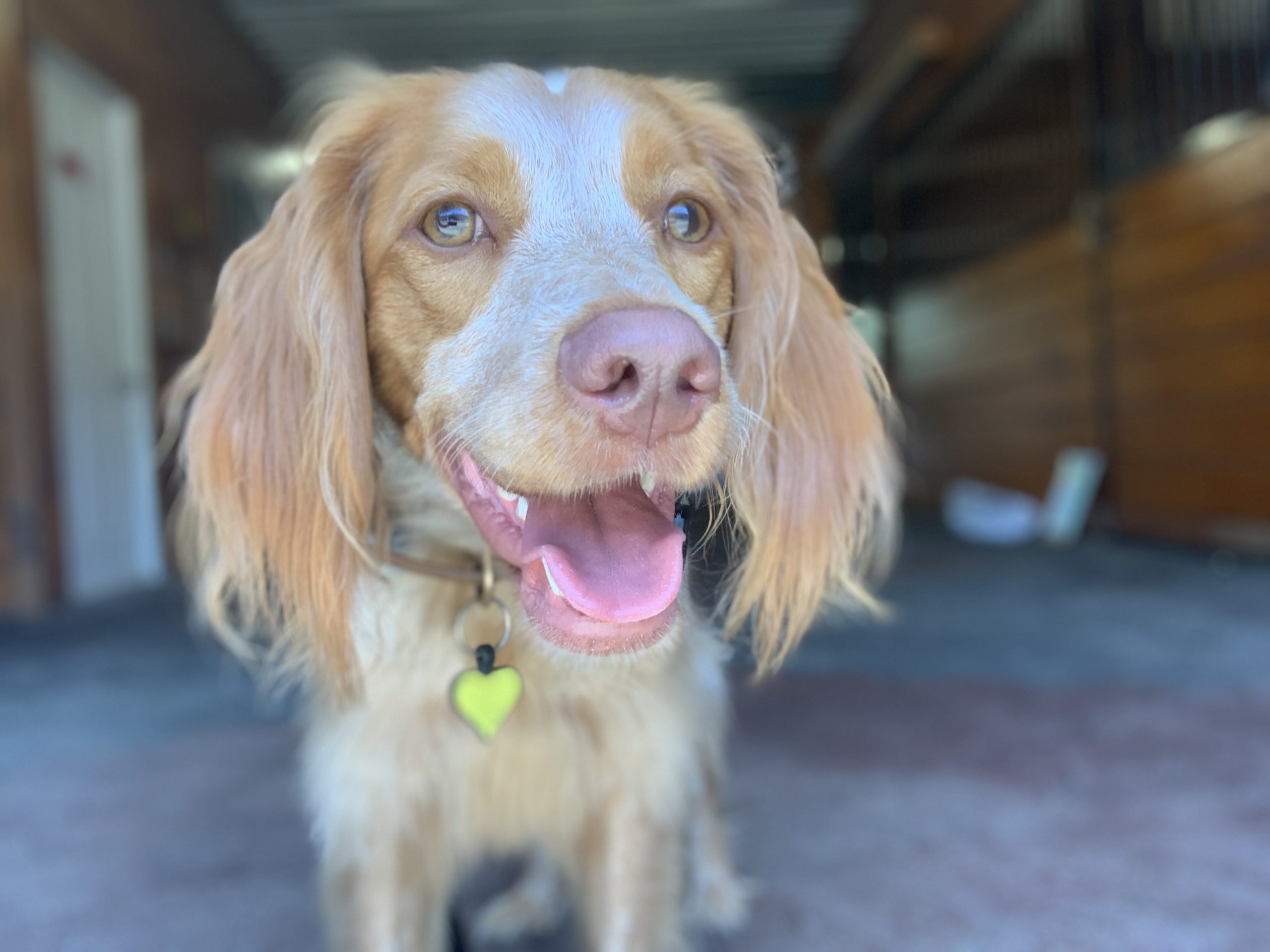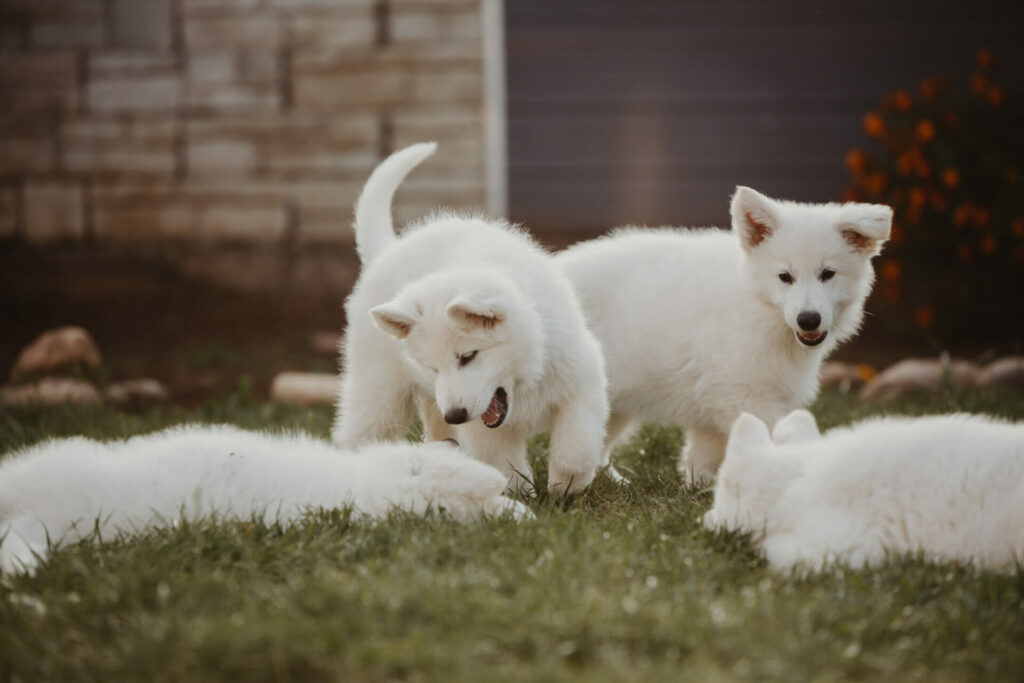 In conversation with Nicole Larocco-Skeehan CPDT-KA
In conversation with Nicole Larocco-Skeehan CPDT-KA
Are you worried you didn’t socialize your dog enough during the early stages of puppyhood? Turns out socialization for pups isn’t simply about making sure your pup sees other dogs at the park every day, in fact, you can over-socialize your pup!
We chatted with trainer Nicole Larocco-Skeehan CPDT-KA and owner of Philly Unleashed to discuss socialization in pups, what to do if you think you missed the boat with your pup, and how to avoid over socializing your pup!
If my pup is 6 months or older and I don’t feel like I’ve properly socialized my pup, am I too late?
It’s not too late but it’s important for you to be careful with your socialization strategy. If we’re talking about dogs over 6-7 months you’ve missed the critical time period when puppies are most impressionable because, even though they’re still young, your pup is starting to move into adolescence. This is when anxiety starts to present when they start to form preferences, and when it’s okay for them to have those preferences! By 7-8 months you’ve started to lose that flexibility that comes with a younger pup’s impressionability and it’s important for you to not force interactions. It’s about shifting from quantity of socialization to quality; if your pup doesn’t like socializing with certain breeds, don’t force it and just allow them to socialize with other pups.
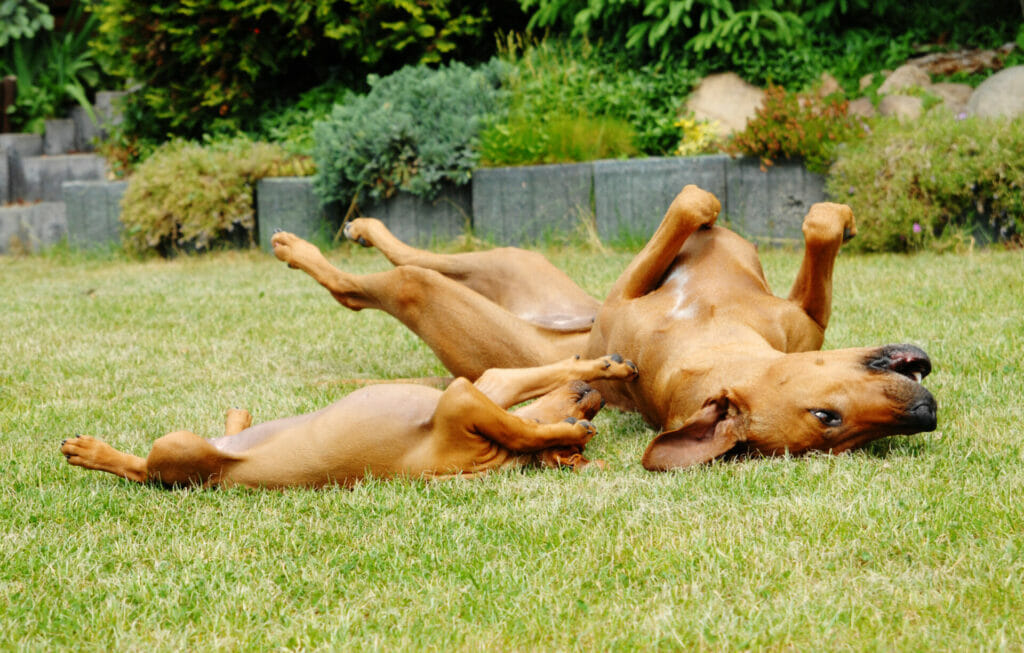
What are your three tips for later socialization?
It’s all about setting your dog up for success! For example, if your pup hasn’t socialized, it’s probably not a good idea to bring them to a dog park.
Socializing doesn’t necessarily mean interaction:
Don’t force interactions after a dog is 7-8 months if they’re still hesitant to be social. If your pup is afraid of men petting them, it won’t be productive to force them to sit through that interaction and can even produce a reactive response. Instead, have your pup sit in a room with a calm man (or whatever their specific fear is) and have your pup eat treats calmly by your side. This way they are in the same space but not interacting and learning to get more comfortable.
Choose your dog’s friends:
If you know your dog has trouble with German Shepherds, you don’t have to force your pup to socialize with that breed of pups. Instead, figure out their comfort zone and go from there. Perhaps they love Border Collies– lean into the preference instead of starting with the hardest thing. That way they can socialize in a situation that is comfortable for them!
Know when it’s better to limit social time:
Just like humans, dogs get less social as they get older. If your pup doesn’t have the social need and they’re not successfully socializing with other dogs it can be helpful to think about why you want your pup to socialize. Is it for you or them? If your pup has a thriving social circle at home and is healthy and happy and not participating in any stressful behavior at home, perhaps it’s better to avoid forcing any more unwanted socializing.
Are there some misconceptions about later socialization?
A common misconception is that you can socialize dogs out of preference with enough practice. There are some pups who just don’t want to socialize with certain dogs; if you have one of those dogs, it is important to find other activities that will enrich their lives and shift your thinking away from the idea that it is wrong if your dog doesn’t want to play with other dogs. It’s also important to understand that later socialization is very case by case. Sometimes you can socialize a pup later on and they’re completely fine with it, otherwise, it’s more challenging. Best case, you set your dog up for success by socializing your puppy early and they’re comfortable in all environments.
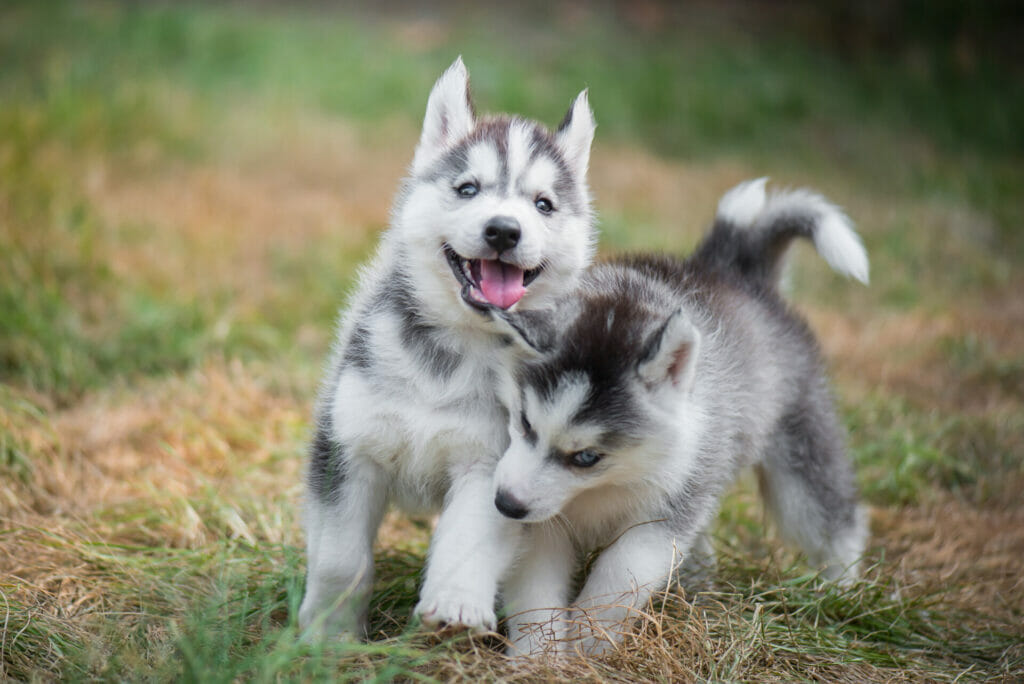
Can lack of early socialization play a role in increased reactivity?
Yes absolutely, lack of socialization can cause reactivity but just as important to mention is that over-socialization can also cause reactivity. So many clients think socialization is free for all and the more socialization the better but often pups can become reactive or bark if they’re overly social and don’t know how to spend time alone. Reactivity comes from lots of things– fear and actual aggression are two common reasons, but sometimes your pup is just frustrated. Think of a toddler who has spent all day at Disneyland throwing a tantrum when they’re exhausted but they don’t realize it. If your pup socializes (think doggy daycare multiple times a week and going to the dog park 5x a week) and doesn’t know how to spend time on their own, they will get frustrated when not socializing.

What are some things pet parents can do to prevent reactivity to over-socialization?
There are some great ways pet parents can prevent over-socialization and your pup becoming reactive to over-socialization! Going to a group class is a great way to socialize a hard-to-socialize dog. The goal is to have your pup spend time focused on their parent and carry out cues carried out by the owner while other dogs are present. The settle cue can also be great for teaching your pup to be calm around other dogs. You can do this by sitting on a chair and having your pup sit there until you get up. Giving your puppy a kong and teaching them to stay relaxed and busy while around other dogs is wonderful for reducing their anxiety overall and also helping your pup practice being comfortable entertaining themselves.
It is important to understand your pup and what works best for them. Ideally socializing your puppy when they’re still within the impressionable stage is best but you’re not necessarily too late either!

